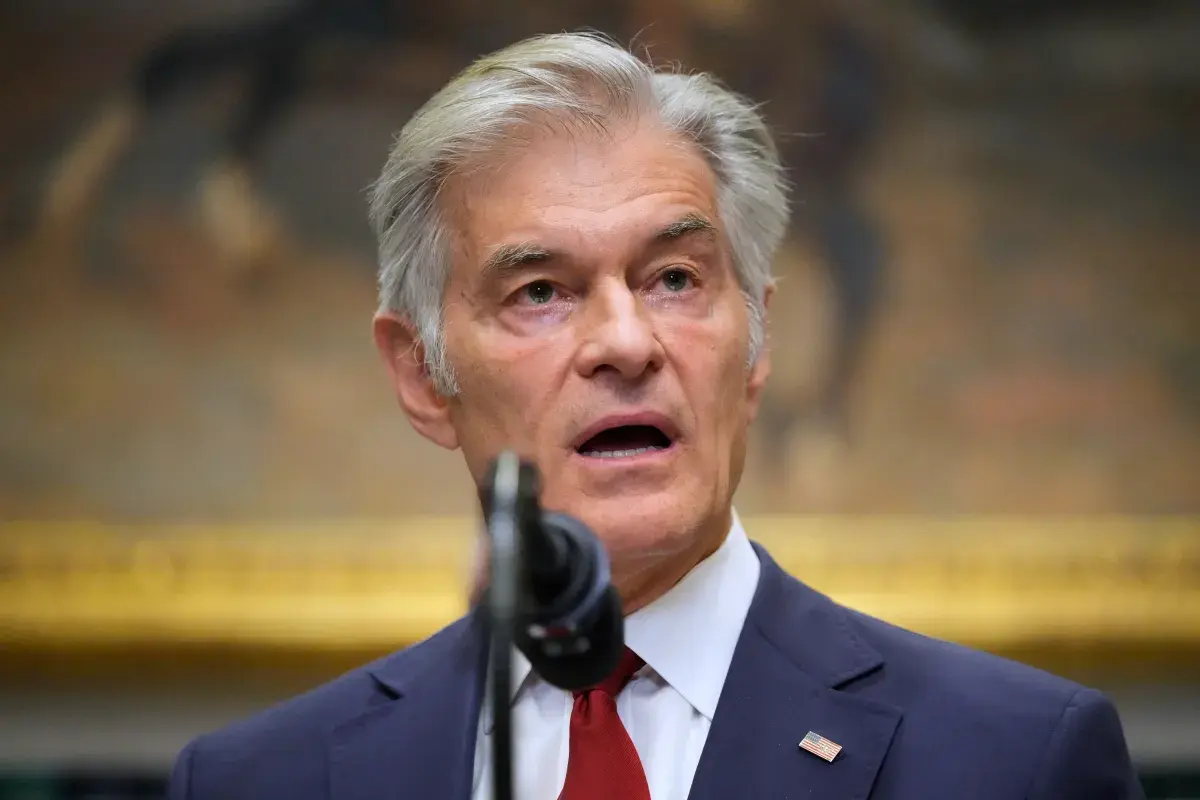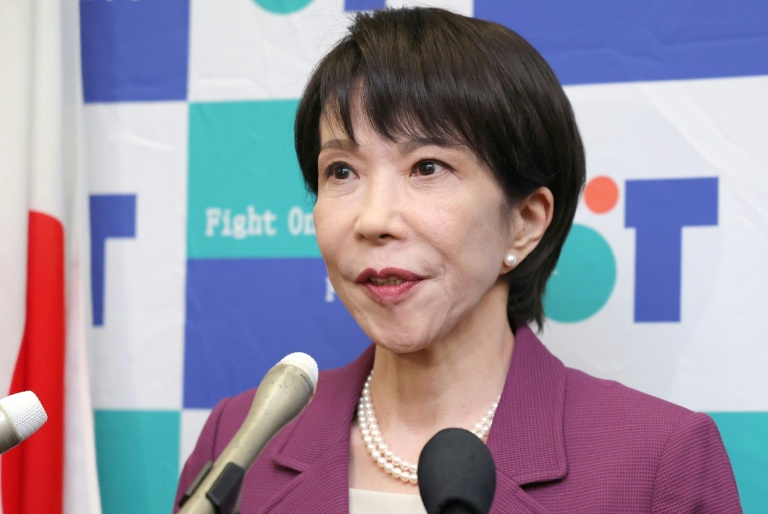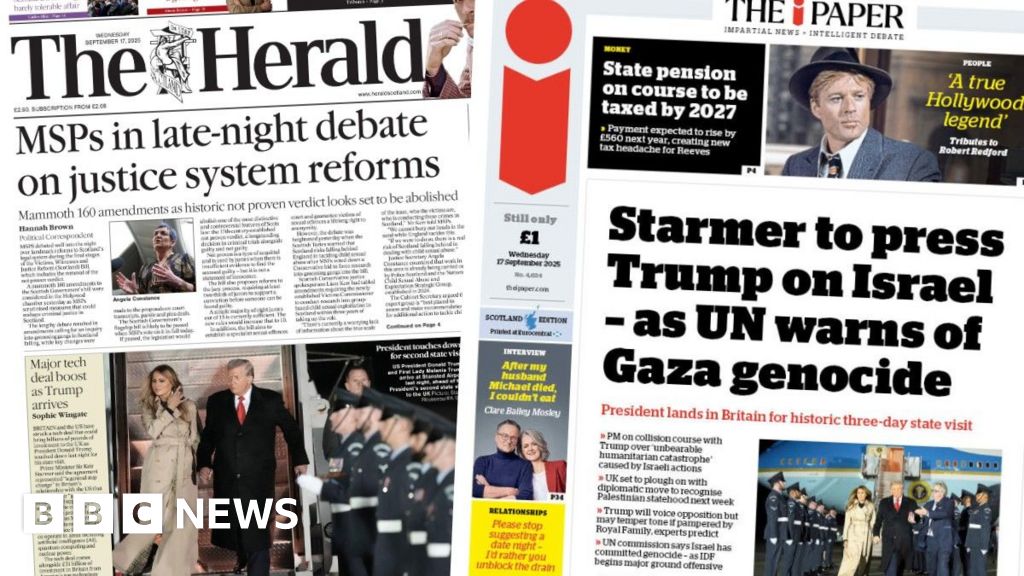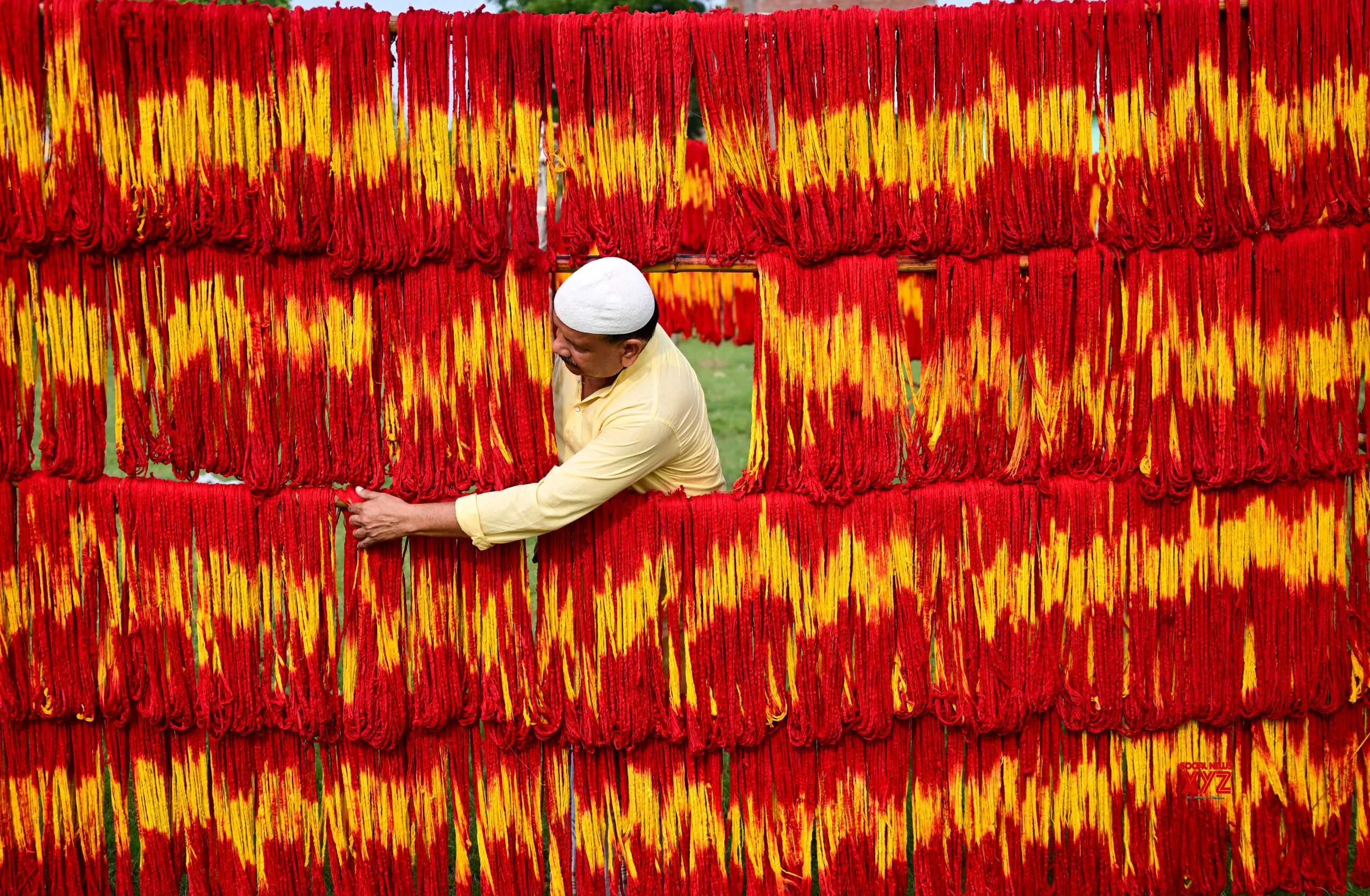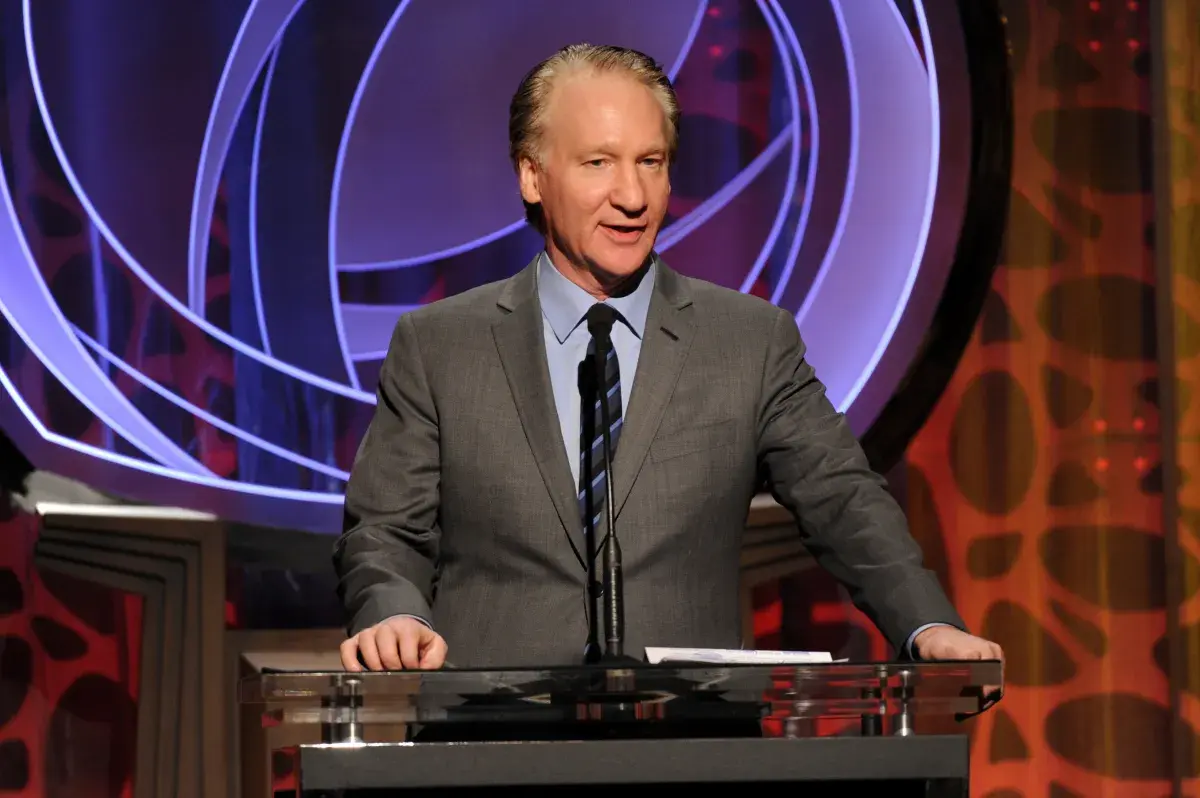
U.S. comedian Bill Maher has said Christians are being “systematically killed” in Nigeria and blasted people for not paying enough attention to it.
“I’m not a Christian but they are systematically killing the Christians in Nigeria,” he said during his Real Time episode on Friday, referring to violence carried out by Islamic militant groups such as Boko Haram.
“They are literally attempting to wipe out the Christian population of an entire country,” Maher said, “Where are the kids protesting this?”
Several Nigerian figures, including former Senator Shehu Sani and the country’s Muslim Public Affairs Centre, have pushed back against this description, with Sani saying that “terrorists do not discriminate their victims on the basis of their faith.”
Newsweek has contacted the Nigerian Ministry of Foreign Affairs, via email, for comment.
Why It Matters
The discussion highlights the difficulty in determining whether a religious group is being intentionally targeted or whether it is just one of many groups that are victim to ongoing violence.
International Christian advocacy group Open Doors lists Nigeria as the seventh-most dangerous place for Christians on its World Watch list.
In the top six countries on the list—which is headed by North Korea—much smaller numbers of Christians are involved, and the group says that “more Christians are killed for their faith in Nigeria than in the rest of the world combined.”
But Nigeria has repeatedly pushed back against these types of reports with its Ministry of Foreign Affairs saying earlier this year that there are “misinformation and misleading reports regarding the supposed targeted killings of Christians.”
Maher was speaking about this issue within the context of humanitarian protests for Gaza, saying “this is so much more of a genocide attempt than what is going on in Gaza,” sparking debate about which issues are given attention and why.
What To Know
Maher was speaking with Republican South Carolina Representative Nancy Mace, who is currently running for governor, when he brought Nigeria up.
“The fact that this issue has not gotten on people’s radar it’s pretty amazing,” Maher said. “If you don’t know what’s going on in Nigeria, your media sources suck. You are in a bubble.”
“I’m not a Christian but they are systematically killing the Christians in Nigeria,” he said. “They’ve killed over 100,000 since 2009, they’ve burnt 18,000 churches.”
“These are the Islamists—Boko Haram—this is so much more of a genocide attempt than what is going on in Gaza,” he added. “They are literally attempting to wipe out the Christian population of an entire country. Where are the kids protesting this?”
Maher did not say where he got these figures from, but it may have been from a recent report released by the Nigeria-based human-rights NGO International Society for Civil Liberties and the Rule of Law (Intersociety) in August.
The civil-society watchdog said that jihadists have killed 125,009 Christians since 2009 with 19,100 churches razed in that time. It also counts 60,000 “liberal Muslims” killed in these years.
Newsweek reported on the group’s findings that more than 7,000 Christians had been killed in Nigeria during the first 220 days of 2025.
In its report, Intersociety called for Donald Trump’s administration to class Nigeria as a Country of Particular Concern—a U.S. State Department designation under the International Religious Freedom Act for countries whose governments “engage in or tolerate particularly severe violations of religious freedom.”
Earlier this year, Congress held a hearing in which the Committee on Foreign Affairs’ Africa Subcommittee called for the same but the list has not been updated since December 2023—Newsweek has contacted the State Department, via online contact form, for comment on this.
At the time of this hearing, in March, Nigeria’s government spoke out against it in a statement that said: “The Ministry of Foreign Affairs wishes to express strong concern over the recent wave of misinformation and misleading reports regarding the supposed targeted killings of Christians in Nigeria.
“The unfortunate development is intended to influence foreign governments, especially the United States Government, to designate Nigeria a Country of Particular Concern, due to the violence against Christians.
“While the Federal Government acknowledges the security challenges confronting the nation, it is imperative to clarify that these negative activities are not driven by religious bias, nor targeted against any particular religious group,” it added.
Shehu Sani, a former Senator in Nigeria, made similar points on Sunday, when he spoke out against Maher’s comments directly on Nigeria’s Channels Television’s Politics Today, reported by local newspaper Punch.
“It’s important people understand that as far as bandits and terrorists are concerned, they do not discriminate their victims on the basis of their faith,” Sani said. “Muslims, just like Christians, are killed by bandits and terrorists. They attack churches and mosques. They kill pastors, priests, and imams.”
He went on to argue that, based on his observations in the Senate, Christians may seem disproportionately targeted because lawmakers from Christian parts of the country were more likely to “raise an alarm on the issue of these attacks and the sufferings of their people” than Muslim leaders for political reasons.
U.S. Representative Christopher Smith, the Africa Subcommittee chairman, painted a different picture during the Congress hearing in March, saying: “Make no mistake, all of these attacks are based on religion, like I said, and diverting attention from it denies what we have seen with our own eyes. This is religious cleansing.”
Newsweek has contacted Open Doors, via email, for a response to the Nigerian government arguments.
What People Are Saying
Nigeria’s Ministry of Foreign Affairs said in March: “Nigeria is a multi-ethnic and multireligious nation, and the government remains committed to protecting the lives and property of all citizens, regardless of faith, ethnicity, or gender. The country’s security challenges are complex and multifaceted, manifesting in criminality, terrorism, and communal clashes—including farmer-herder conflicts—that are not rooted in religious motivations.”
Former Nigerian Senator Shehu Sani said in response to Maher: “For someone from outside saying that there is a mass slaughter of Christians by Muslims in Nigeria, I think he is just trying to be very mischievous. Muslims and Christians are all victims of this banditry and terrorism going on in the country.
“If you look at it statistically, Muslims bear more of the brunt of terrorism and banditry than even the Christians because if you look at the theater of operation of these terrorists and bandits, they are in [Muslim majority] Zamfara, Katsina, Kebbi, Borno and Yobe states.”
Nigeria’s Muslim Public Affairs Centre Executive Chairman Disu Kamor said: “Terrorists and criminal groups have killed Muslims and Christians alike, and even those with no religious affiliation. More Muslims than Christians have actually been victims of terrorist attacks in Nigeria. Attempts to reframe this as a religious war serve only the terrorists’ agenda to divide our people.”
Open Doors says: “Jihadist violence continues to escalate in Nigeria, and Christians are at particular risk from targeted attacks by Islamic militant groups including Fulani militants, Boko Haram and ISWAP (Islamic State West Africa Province).
“These attacks are shockingly brutal in nature—many believers are killed, particularly men, while women are often kidnapped and targeted for sexual violence. These militants also destroy homes, churches and livelihoods.”
Africa Subcommittee Ranking Member Sara Jacobs said during the March Congress hearing: “We need to be careful in our characterization of this complex challenge. Roughly half the population of Nigeria is Muslim. While the other half is Christian. And violations of this freedom impact both groups. Oversimplistic narratives about the violence perpetuate harmful stereotypes and motivate tensions and violence based on religious identity.”
What Happens Next
It is yet to be seen whether the U.S. will designate Nigeria a Country of Particular Concern and whether Maher drawing attention to the issue will have any impact on that.
